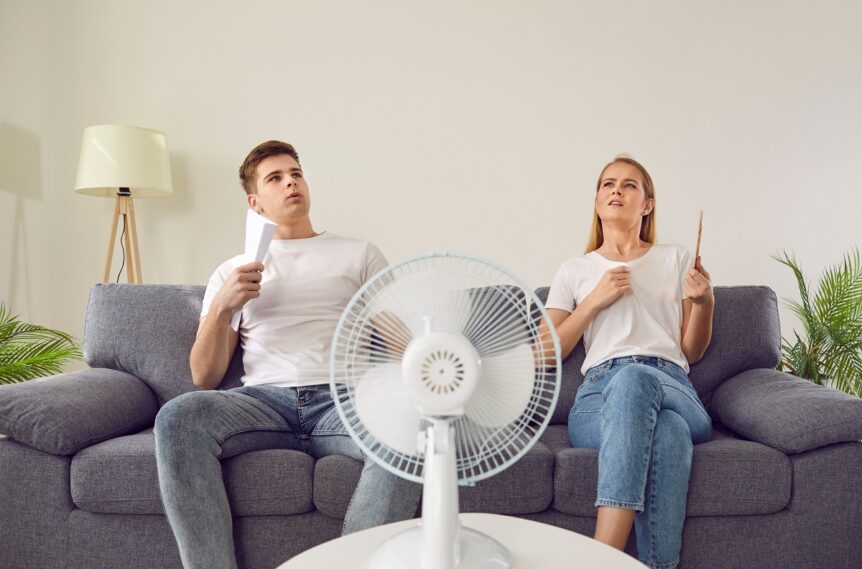Experts are predicting significant increases in the cost of cooling your home this summer. This could have serious consequences for the most vulnerable populations. Read on for all the new price predictions and how you can avoid overheating this season.
The Rising Cost of Staying Cool
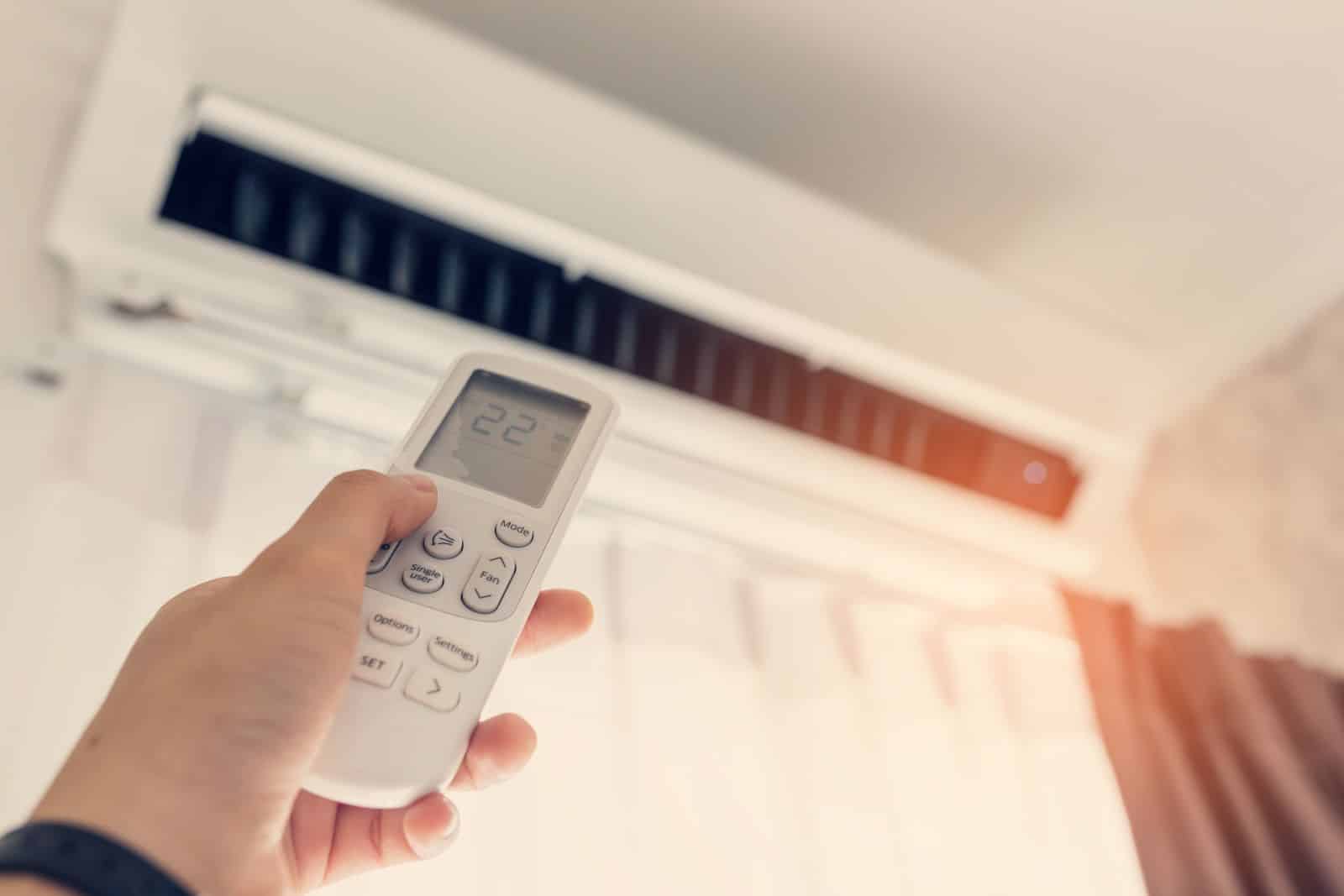
Image Credit: Shutterstock / Butsaya
The costs of air conditioning during the summer are on the rise. According to a recent report by the National Energy Assistance Directors Association, keeping their houses cool this summer will cost American families 8% more than last year.
Historical Price Trends
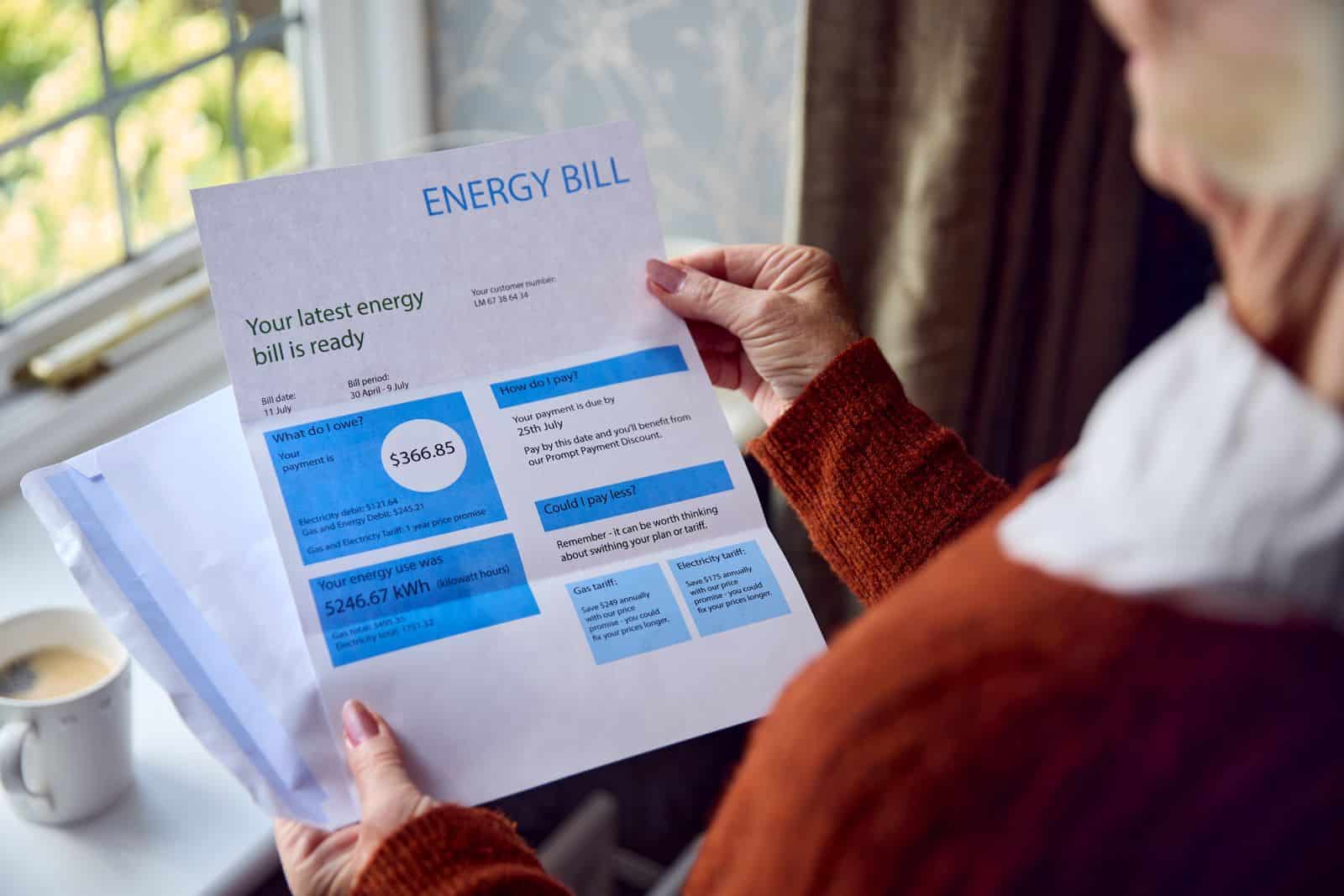
Image Credit: Shutterstock / Monkey Business Images
AC costs have been steadily rising in the past decade. Various factors, such as rising energy prices and increased demand for air conditioning, have contributed to these increases.
The Result of Hotter Summers

Image Credit: Shutterstock / Pheelings media
As climate change drives summer temperatures to record highs, the demand for air conditioning also increases. The higher usage and need for units to combat even higher temperatures are driving up electricity bills.
Impact of Energy Prices

Image Credit: Shutterstock / Cast Of Thousands
Energy prices are a large part of the story. As the cost of electricity rises, it also becomes more expensive to keep your home cool. The report also notes that energy prices are expected to remain high.
Older AC Units
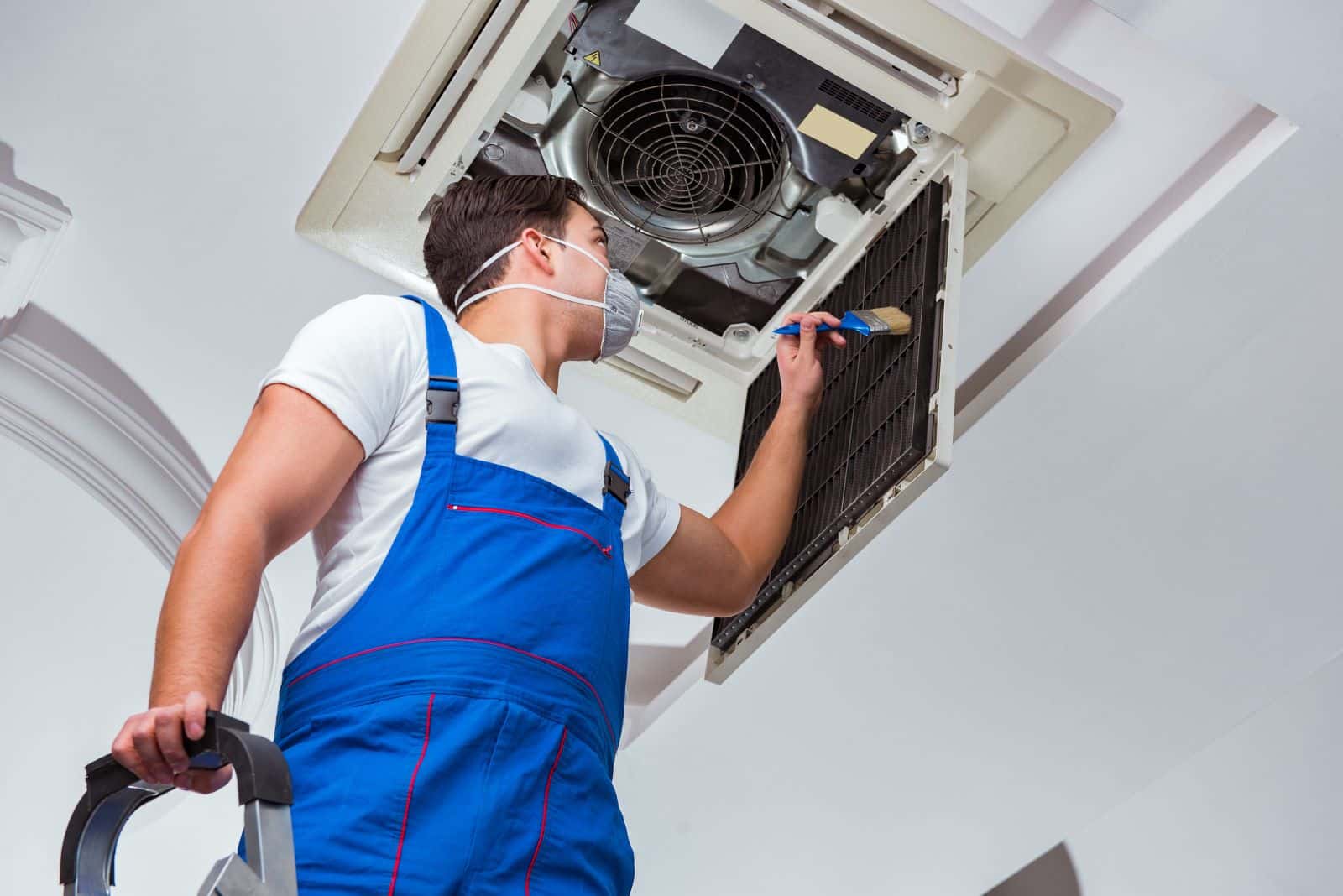
Image Credit: Shutterstock / Elnur
It’s not just the AC that is expensive, but it could also be your unit. Order air conditioning units tend to be less efficient, requiring more power to cool a room, resulting in higher energy bills.
Improving Efficiency
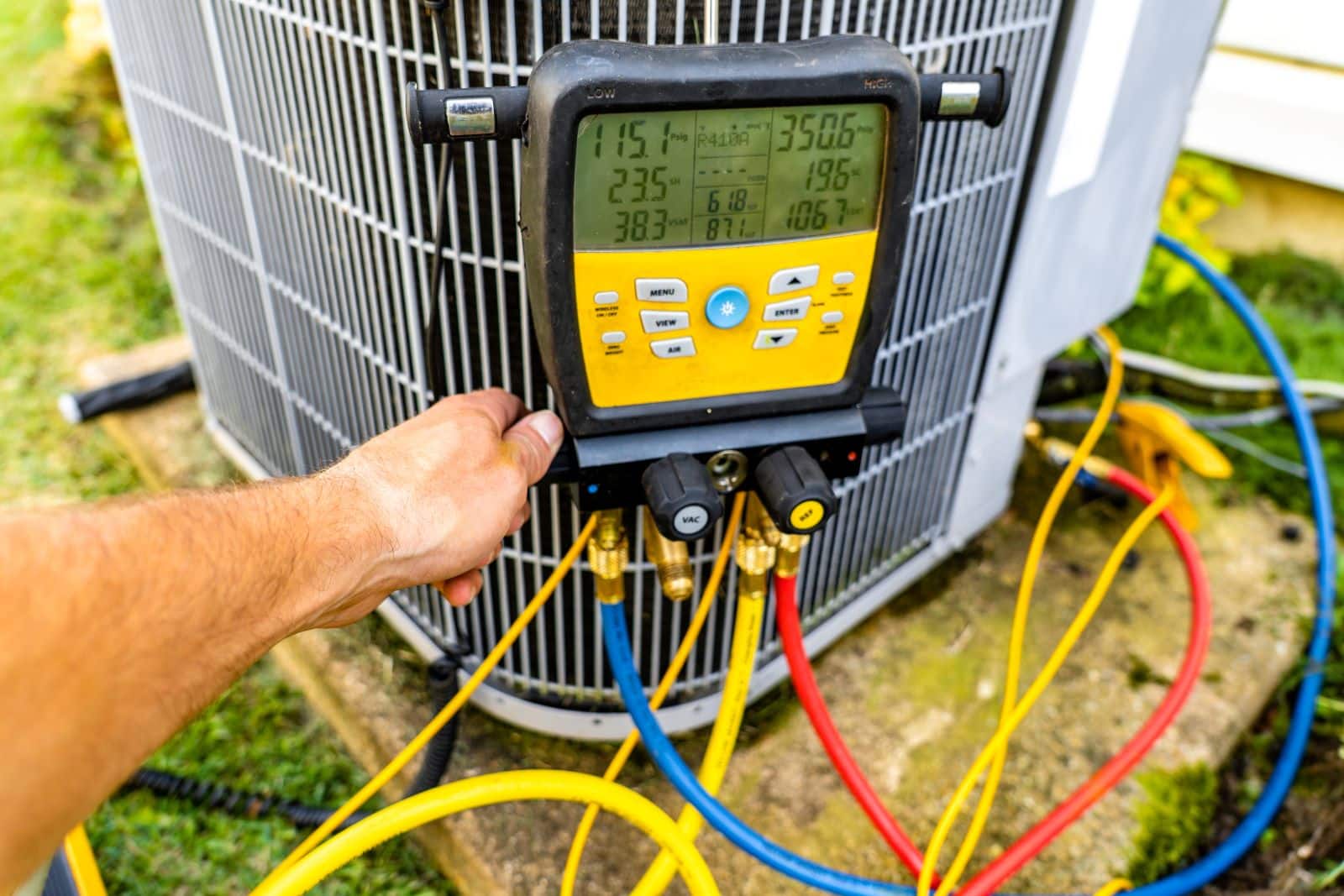
Image Credit: Shutterstock / Toby Allison
Newer, more energy-efficient AC units could help to reduce overall costs. By investing in a better system, you may be able to lower your energy bills and maintenance needs in the long run.
Regional Effects
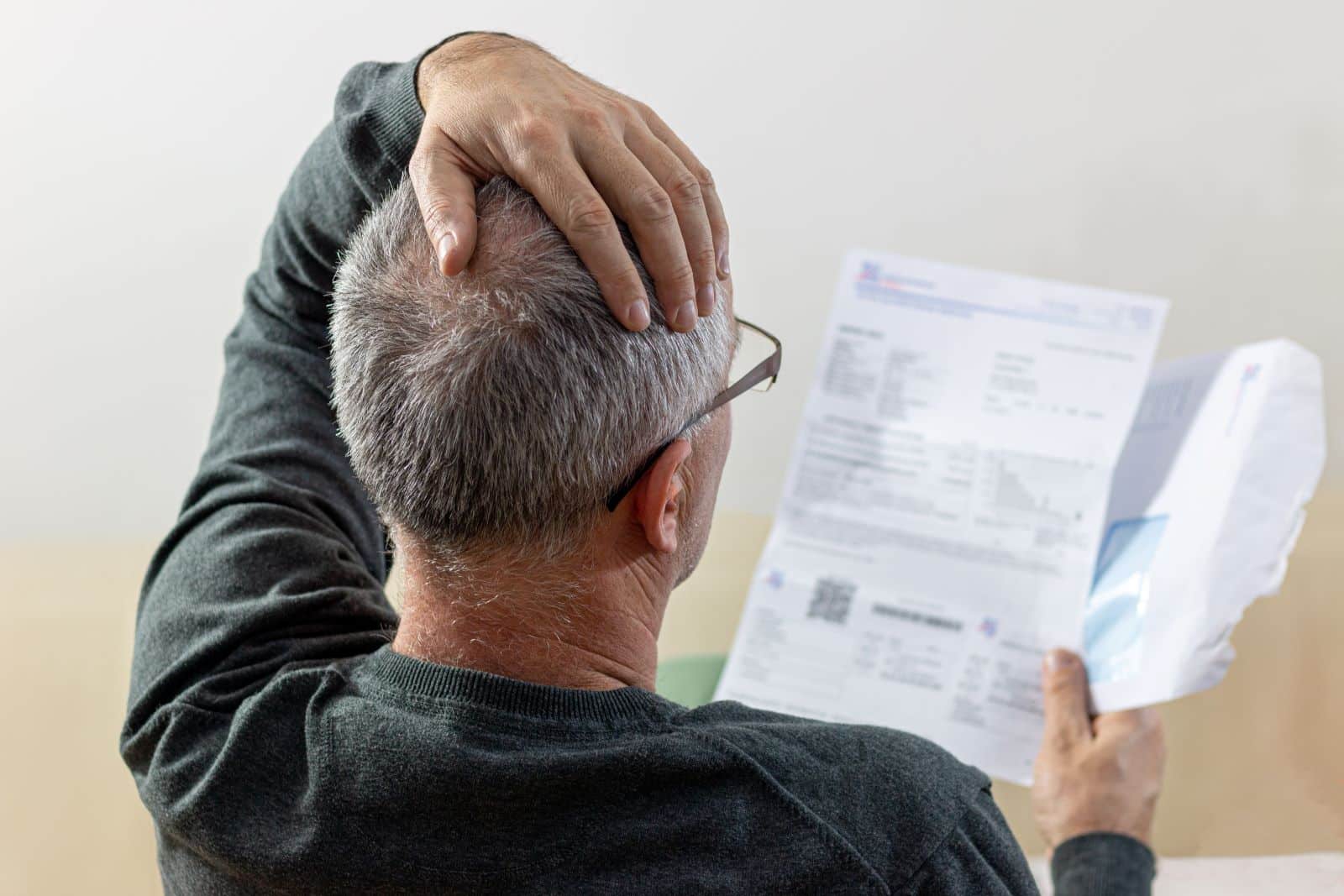
Image Credit: Shutterstock / Anastasija Vujic
The cooling costs are likely to vary across the country. States in the Mid-Atlantic, Pacific, and East South Central are expected to have the greatest impact, with prices increasing by more than 10% compared with a year ago.
Adjusting The Energy Budget

Image Credit: Shutterstock / adriaticfoto
The summer utility bills can be a huge hit to family budgets, especially for those who are already struggling financially. Unfortunately, this may mean cutting back on other expenses and being proactive about how to save.
Impact on Low-Income Households

Image Credit: Shutterstock / Krakenimages.com
The rising summer temperatures can pose a health risk for the 20% of low-income families that don’t have air conditioning. For those who do have AC, the costs may force them to turn off their AC or risk not being able to pay their electricity bills.
Reduced Assistance Program

Image Credit: Shutterstock / fizkes
The Federal Low Income Home energy Assistance Program (LIHEAP) is meant to alleviate some of the costs of summer cooling. Unfortunately, this program’s budget was recently reduced by $2 billion, forcing states to reduce the number of households served.
Summer Shut-Off Protection
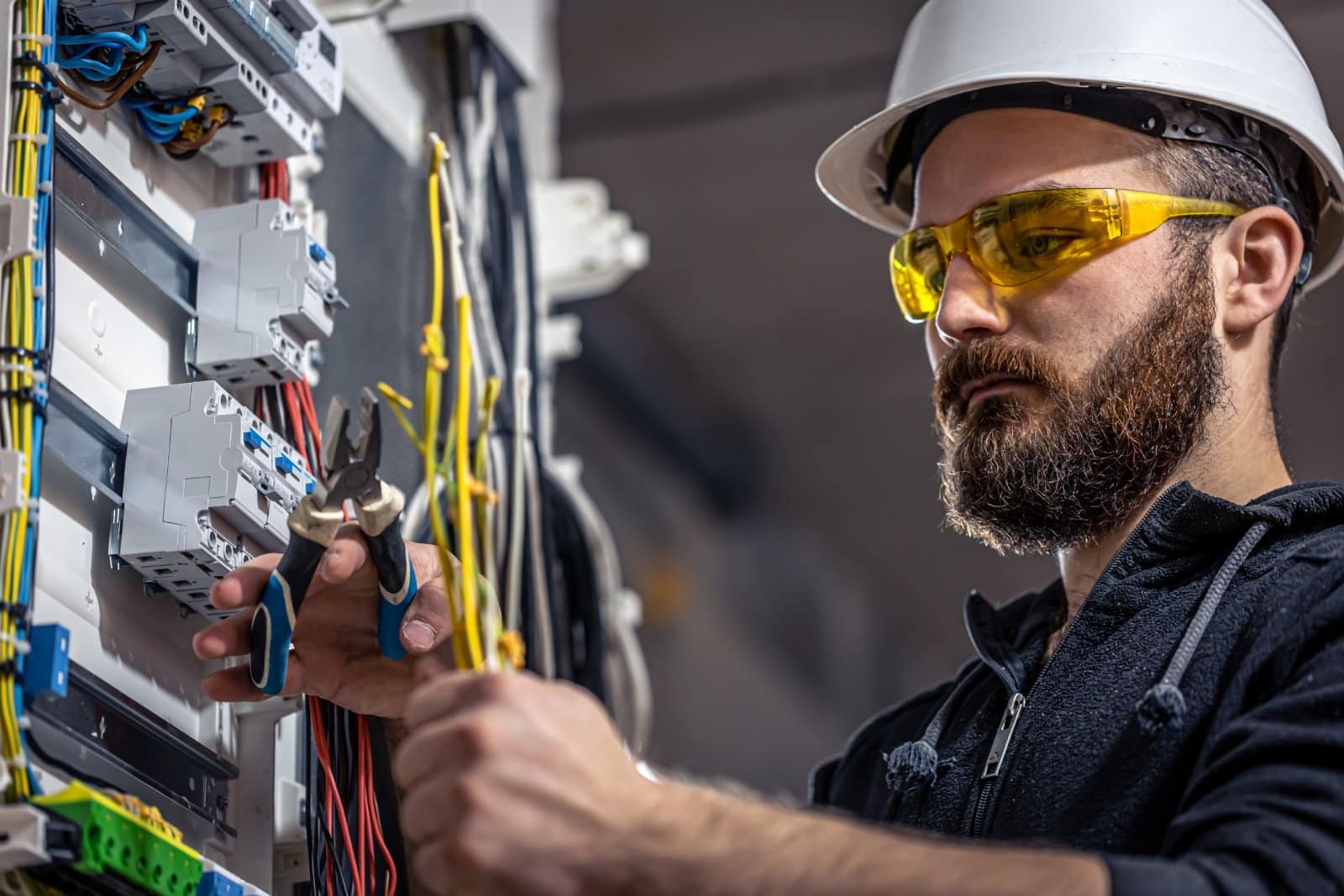
Image Credit: Shutterstock / PV productions
There are 17 states, as well as the District of Columbia, that provide protection against the utility company turning off your power. However, 33 states do not have these protections and this puts low-income households in danger of prolonged extreme heat exposure.
Are Cooling Centers A Solution?
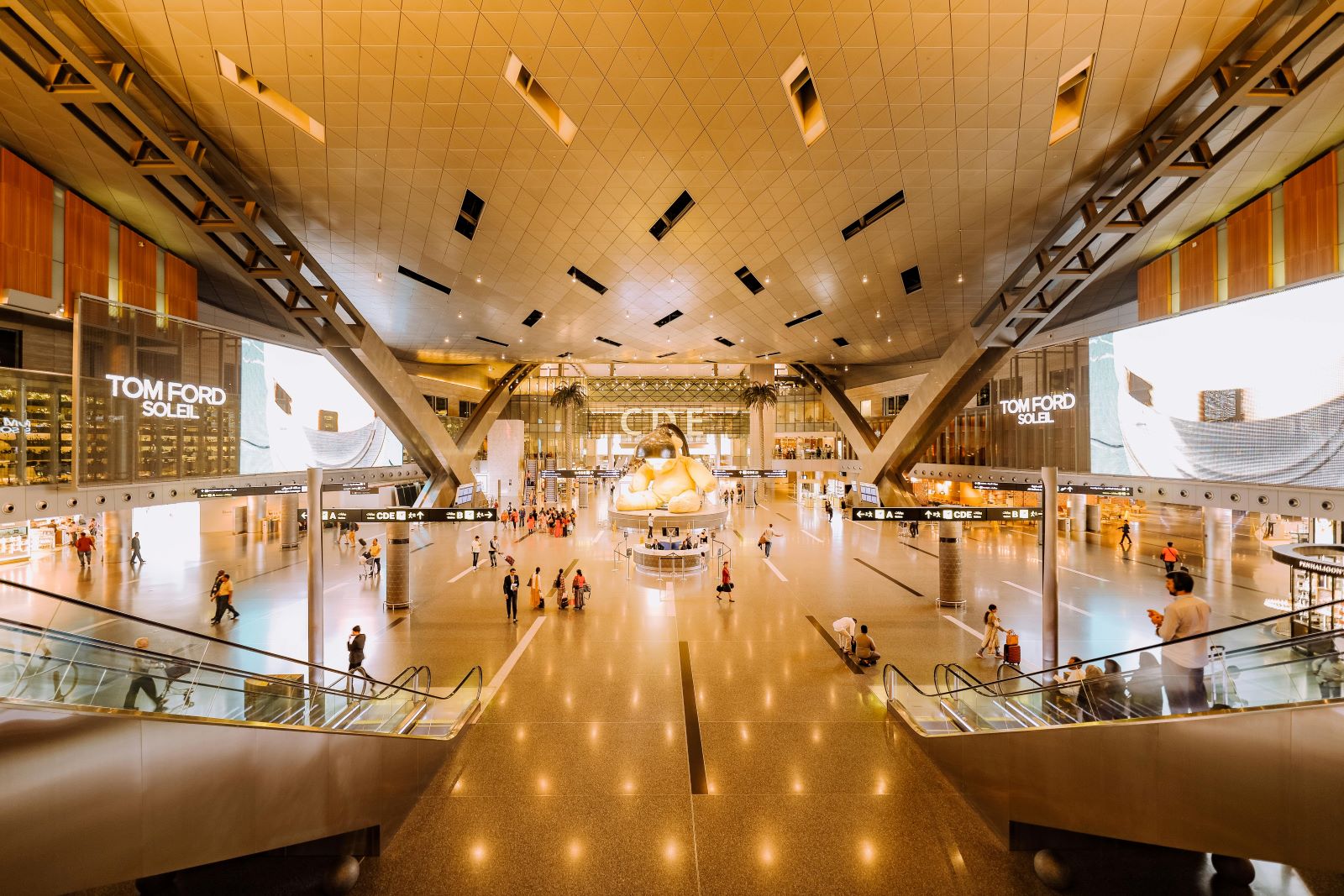
Image Credit: Shutterstock / Zak Chapman
Cooling centers are air-conditioned buildings where people can go during extreme heat. The problem is that these places are often too small to accommodate all of the people looking for relief.
Smart Thermostats
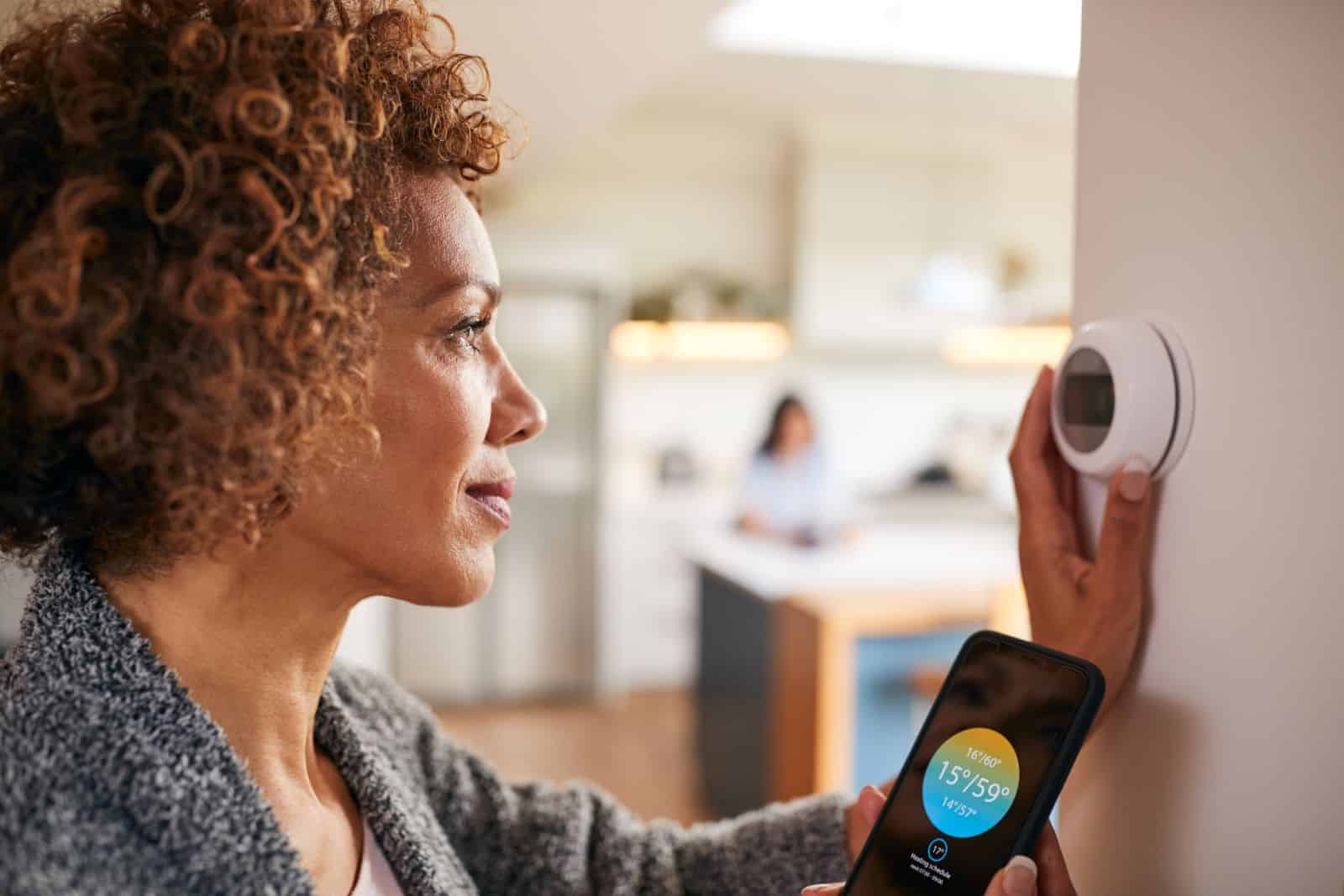
Image Credit: Shutterstock / Monkey Business Images
Aside from better AC units, smart thermostats may be an investment worth trying. They can help to adjust temperatures when nobody is home, optimizing your usage and lowering your bills.
Investing in Better Insulation
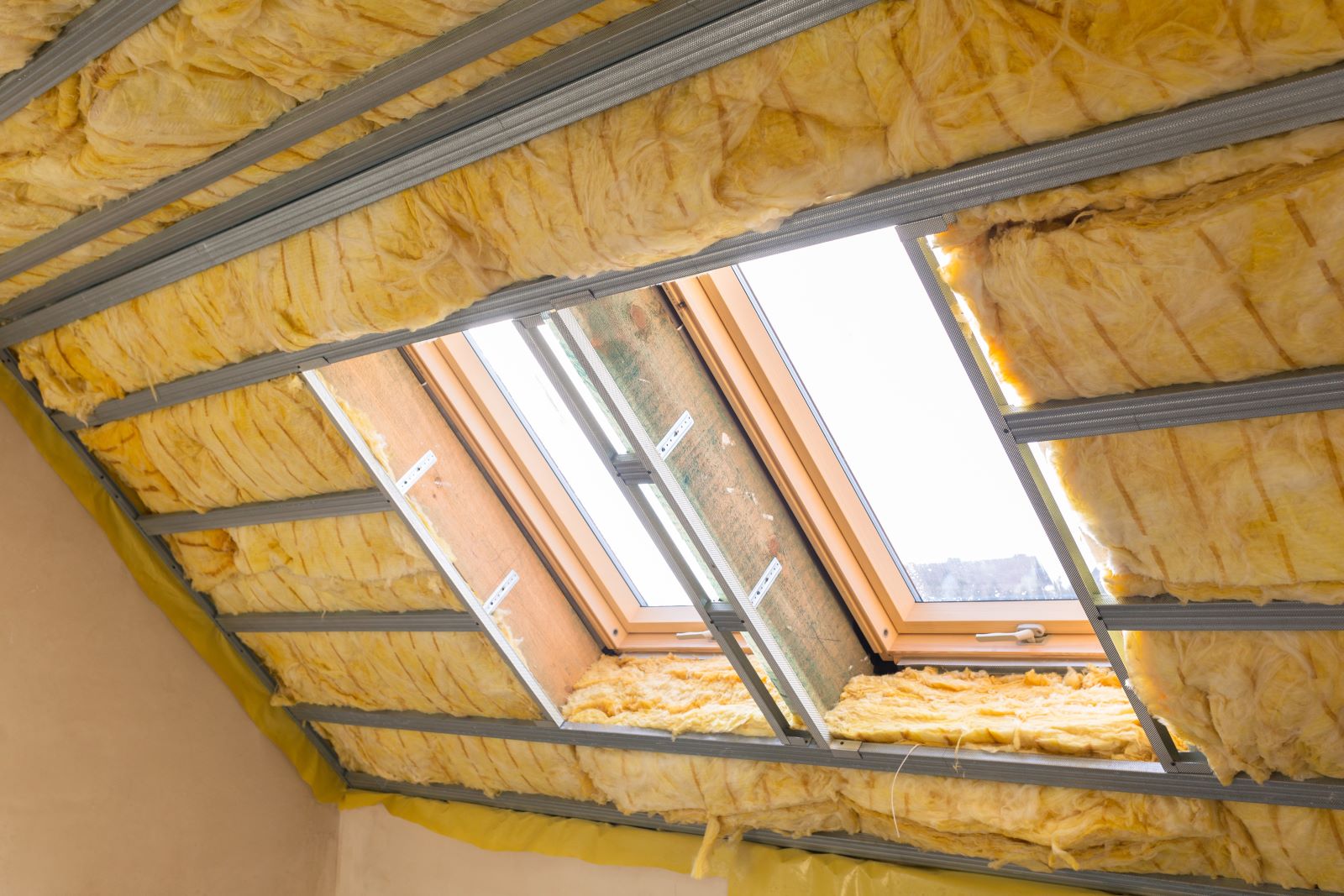
Image Credit: Shutterstock / Patryk Kosmider
Proper home insulation and sealing can make a big difference. By keeping cool air inside, families may be able to reduce the amount of AC needed, lowering their costs.
Taking Advantage of Off-Peak Hours
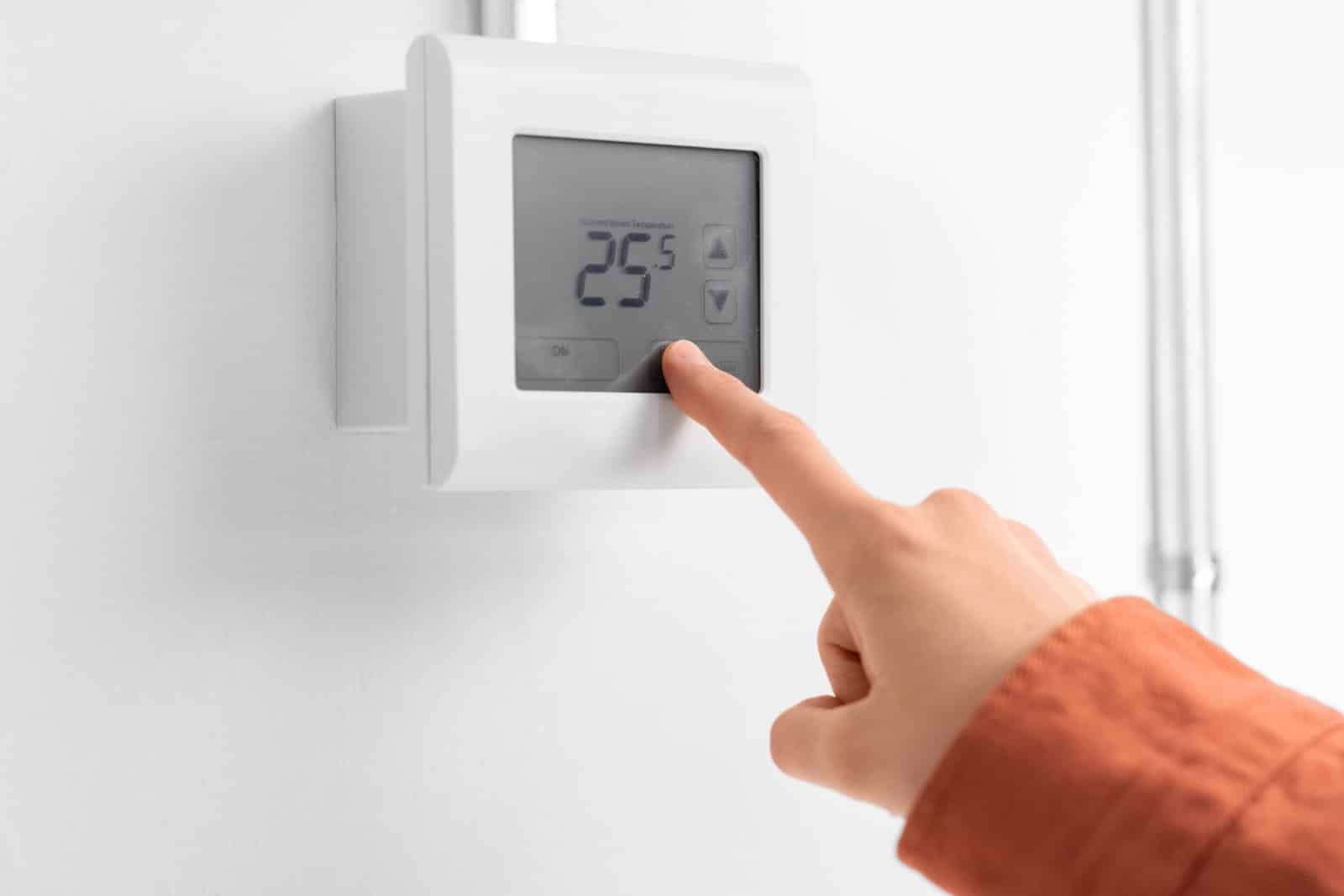
Image Credit: Shutterstock / Ground Picture
Some electric companies will offer lower rates during off-peak times. By following this schedule, you may be able to save some money.
Renewable Energy
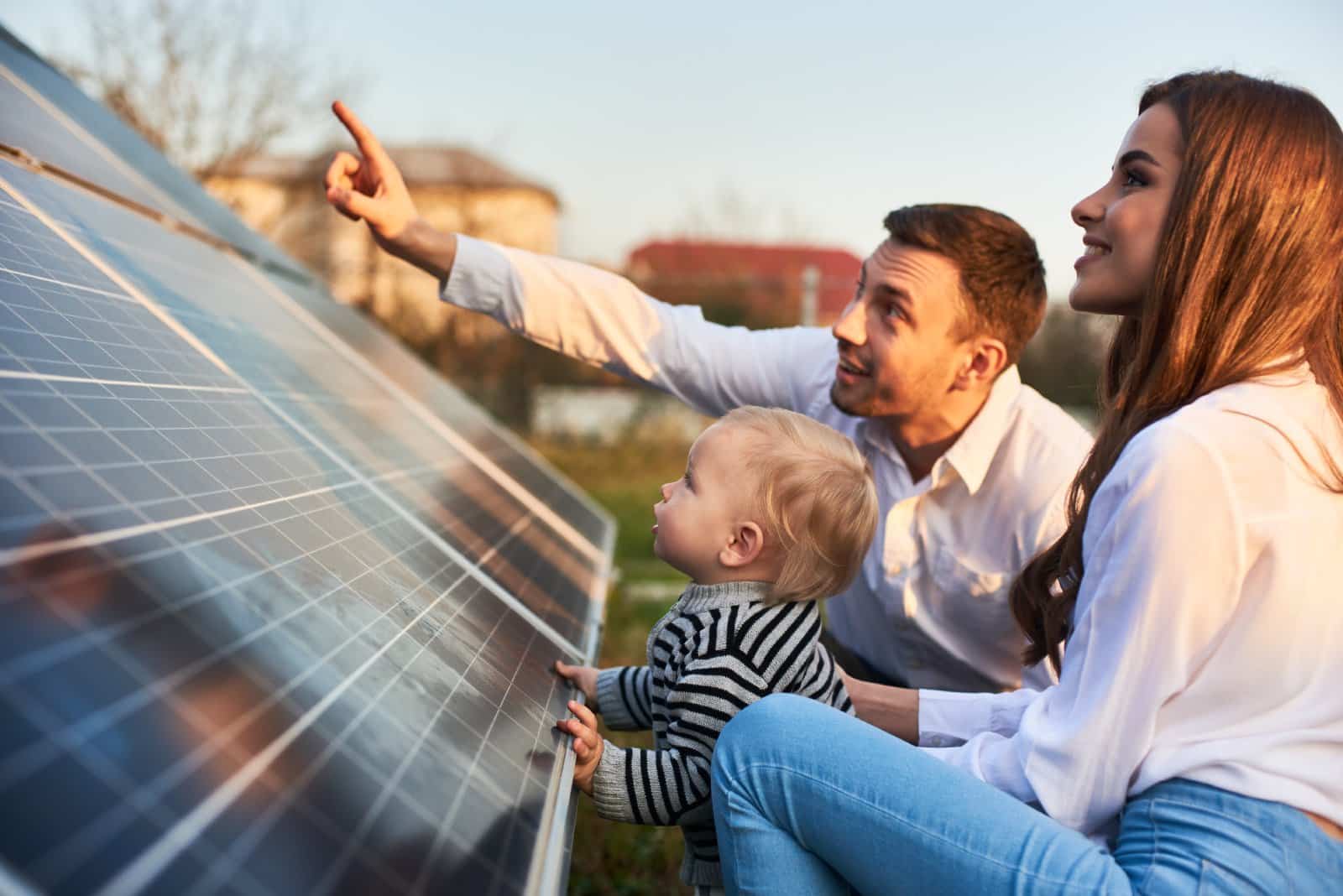
Image Credit: Shutterstock / anatoliy_gleb
Especially during the summer, renewable energy sources like solar power could help to improve some of the costs. You might consider installing solar panels, which receive more sunlight during the long, summer days.
The Impact on Health

Image Credit: Shutterstock / Pressmaster
Long exposure to extreme heat can have serious health implications. Rising AC costs may be especially dangerous for the health and safety of vulnerable populations and low-income families.
DIY Cooling Tips
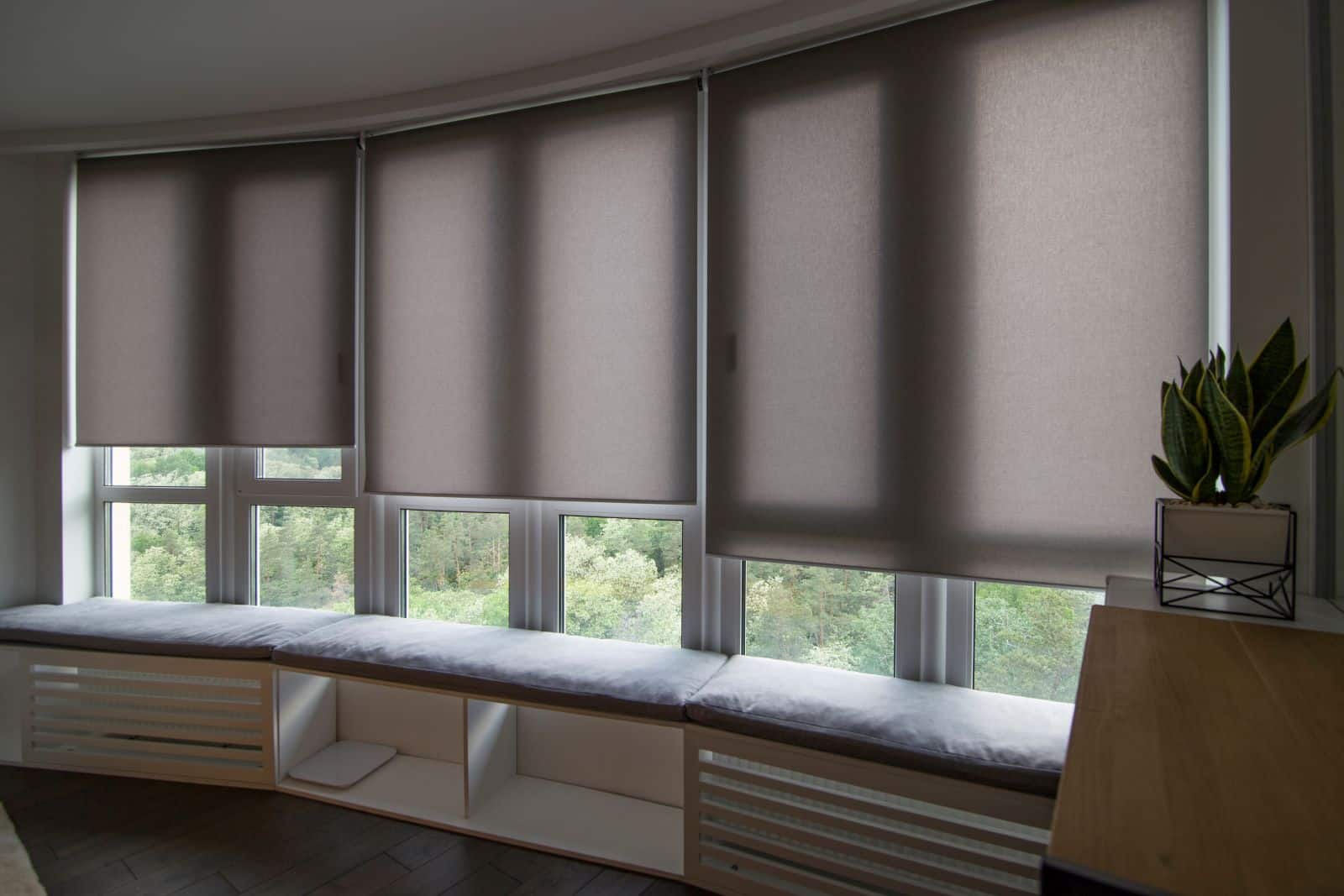
Image Credit: Shutterstock / Astibuk
When in doubt, consider researching some DIY tips to keep cool. Closing blinds during the peak sun hours and finding ways to make your fans more effective could make a big difference in managing your costs.
Navigating the Future

Image Credit: Shutterstock / Freedomz
Experts are predicting the challenge of cooling costs this summer. It’s important to stay informed and think ahead to try to prevent some of these potential issues.
Oil Dumping Scandal Rocks Ships Heading to New Orleans

Image Credit: Shutterstock / Aerial-motion
Two shipping companies have been fined after knowingly hiding a large oil spill in the Atlantic Ocean. Oil Dumping Scandal Rocks Ships Heading to New Orleans
20 Eye-Opening Realities Facing Retiring Baby Boomers

Image Credit: Shutterstock / Jack Frog
As Baby Boomers approach retirement, the promise of leisure and security often seems unattainable. This generation faces unique challenges that could redefine retirement. Here’s a stark look at the realities shaping their outlook. 20 Eye-Opening Realities Facing Retiring Baby Boomers
Retail Apocalypse: Massive Closures Sweep Across U.S. Brands

Image Credit: Shutterstock / Tada Images
Stores across the U.S. are closing at unprecedented levels, according to new research from advisory firm Coresight Research. Read on for more information about the impact this could have on you and your communities. Retail Apocalypse: Massive Closures Sweep Across U.S. Brands
The post Why Keeping Cool This Summer Is Draining Your Wallet first appeared on EcoHugo
Featured Image Credit: Shutterstock / Studio Romantic.
The content of this article is for informational purposes only and does not constitute or replace professional financial advice.

